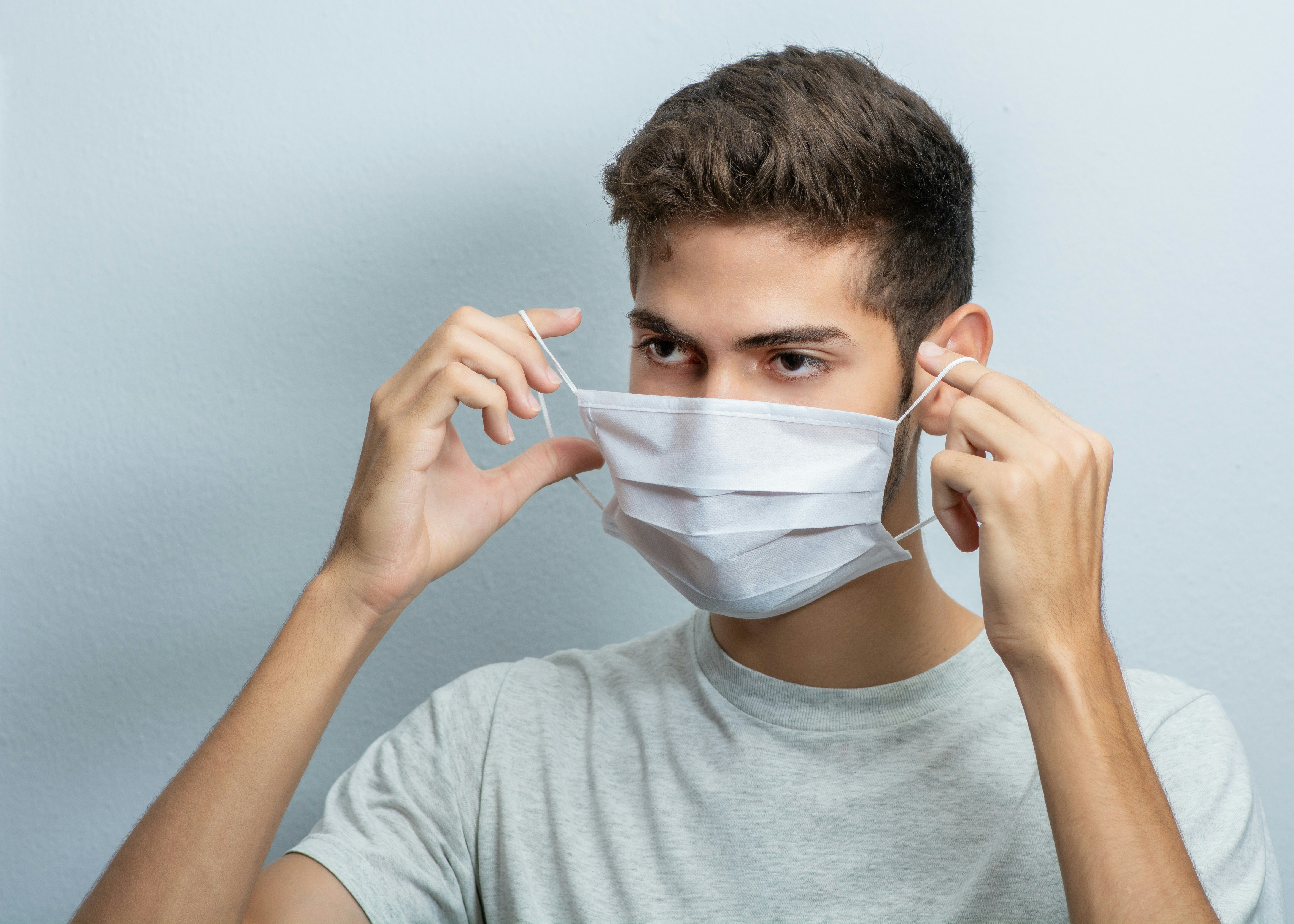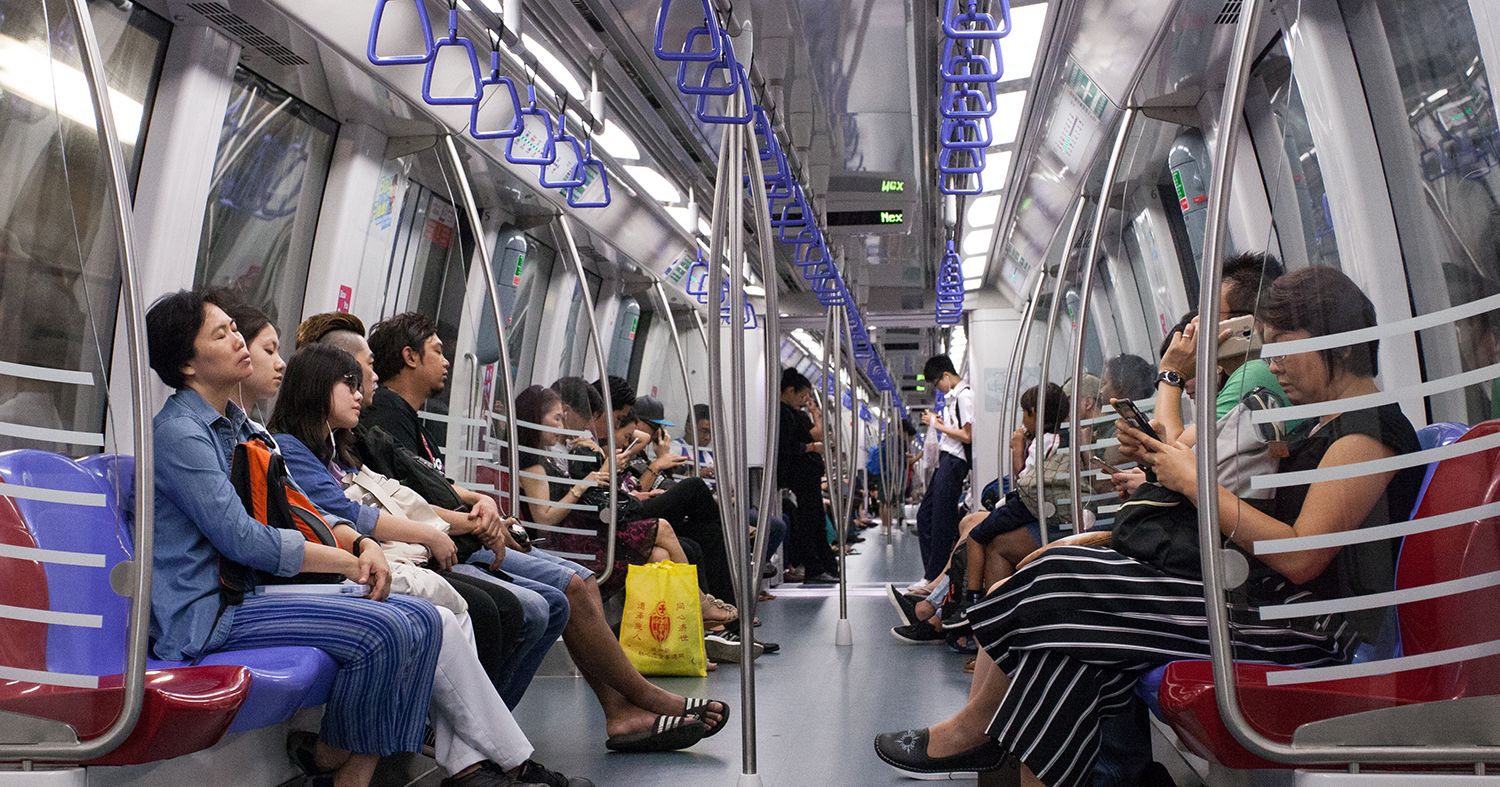At this point, it is safe to say that Covid-19 and the changes it has wrought have very much become a part of our lives.
Borders have reopened, travel is in full swing with 13.6 million visitors to Singapore in 2023 and pre-pandemic levels expected by 2024, masks are no longer required in public and working from home has become a part of our office vocabulary.
But there have also been more subtle changes, many of which have not been as noticeable by virtue of the fact that they involve our daily hygiene and work habits.
Being more conscious when we sneeze or cough
In the early days of the pandemic, when it became apparent that Covid-19 could be easily spread by aerosols, many of you might have become a little bit more conscious whenever you coughed or sneezed.
After all, who can forget the gaze of others, or the occasional person deciding to change their seat after hearing you sneeze in public.
 Photo by Kobby Mendez via Unsplash
Photo by Kobby Mendez via Unsplash
It is perhaps for the better that we have gained a greater consciousness of such subtle daily behaviours.
Even when mandatory mask-wearing was lifted with some exceptions, many people still continued to keep their masks, with personal responsibility cited as one of the reasons.
This author has no complaints if everyone has become a little bit more considerate in public of their behaviour when sick.
Keeping better hygiene habits
Many of us will likely remember that washing our hands took on added importance during the outbreak, with the World Health Organisation (WHO) declaring it as an “effective tool” in preventing the spread of Covid-19.
The WHO also advised people to wash their hands after touching surfaces such as door knobs and handles, and after visiting public places.
Hand sanitisers have become more widespread at various locations such as bus interchanges and shopping malls, while the use of wet wipes among the public to clean the tables where they intend to eat has become more prevalent.
Such a practice helps to mitigate the chances of not just catching Covid-19 and other respiratory diseases, but food poisoning in general.
For this author and many of his friends, carrying wet wipes and a bottle of hand sanitiser around has now become a regular practice, especially whenever we eat out.
Alternative access to healthcare
Another change is the widespread adoption of telemedicine and telehealth services.
During Covid-19, such a service became crucial for people to continue accessing their regular healthcare check-ups.
These services have also enabled people to reach out to healthcare professionals from the comfort of their homes for non-urgent diseases, and without the need to put others at risk if they are feeling unwell.
It also means you do not have to endure the queue at a clinic, especially if you do not have the time or energy to visit a doctor.
Perhaps most importantly, telemedicine currently offers an additional option with flexibility for your busy schedule.
The need to stay healthy
All of these shifts have reiterated the importance of staying healthy and hygienic.
 Photo credit: Pfizer Singapore
Photo credit: Pfizer Singapore
If you are curious at this point about how far we have come since the Covid-19 pandemic, there is an upcoming exhibition organised by Pfizer that will showcase key developments in our fight and how these moments have influenced Singapore’s decision for the future.
Running from Mar. 1 to 3, the exhibition, called Project Vax: Protect What Matters, will showcase the ways in which Covid-19 has strengthened Singapore’s development as a nation.
The exhibition will also feature six pledges, each designed by local artist Lee Kow Fong, also known as 阿果 (Ah Guo), which urge you to take steps and make an online pledge for a healthier future.
These pledges include prioritising the health of yourself and your loved ones as a top priority, staying up to date with your vaccination to safeguard your health, making time for your health screenings and vaccinations and adopting healthier eating and lifestyle habits among others.
You can find more information about the exhibition here.
Top photo by Mothership
This article is sponsored by Pfizer Singapore. The opinions expressed in this article are solely attributable to the expert(s)/ speaker(s)/participant(s) appearing in therein. This material is intended for educational/disease awareness purpose only and is not intended to replace consultation with the healthcare professional. For any further information please consult your healthcare professional.
References available upon request.
PP-CMR-SGP-0210/24JAN2024
If you like what you read, follow us on Facebook, Instagram, Twitter and Telegram to get the latest updates.

